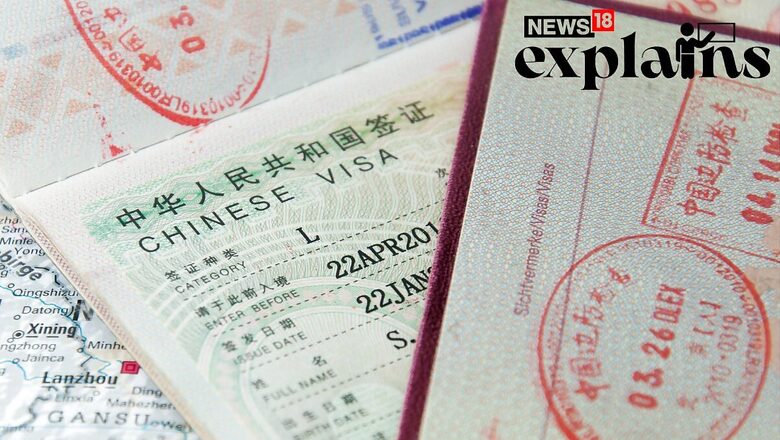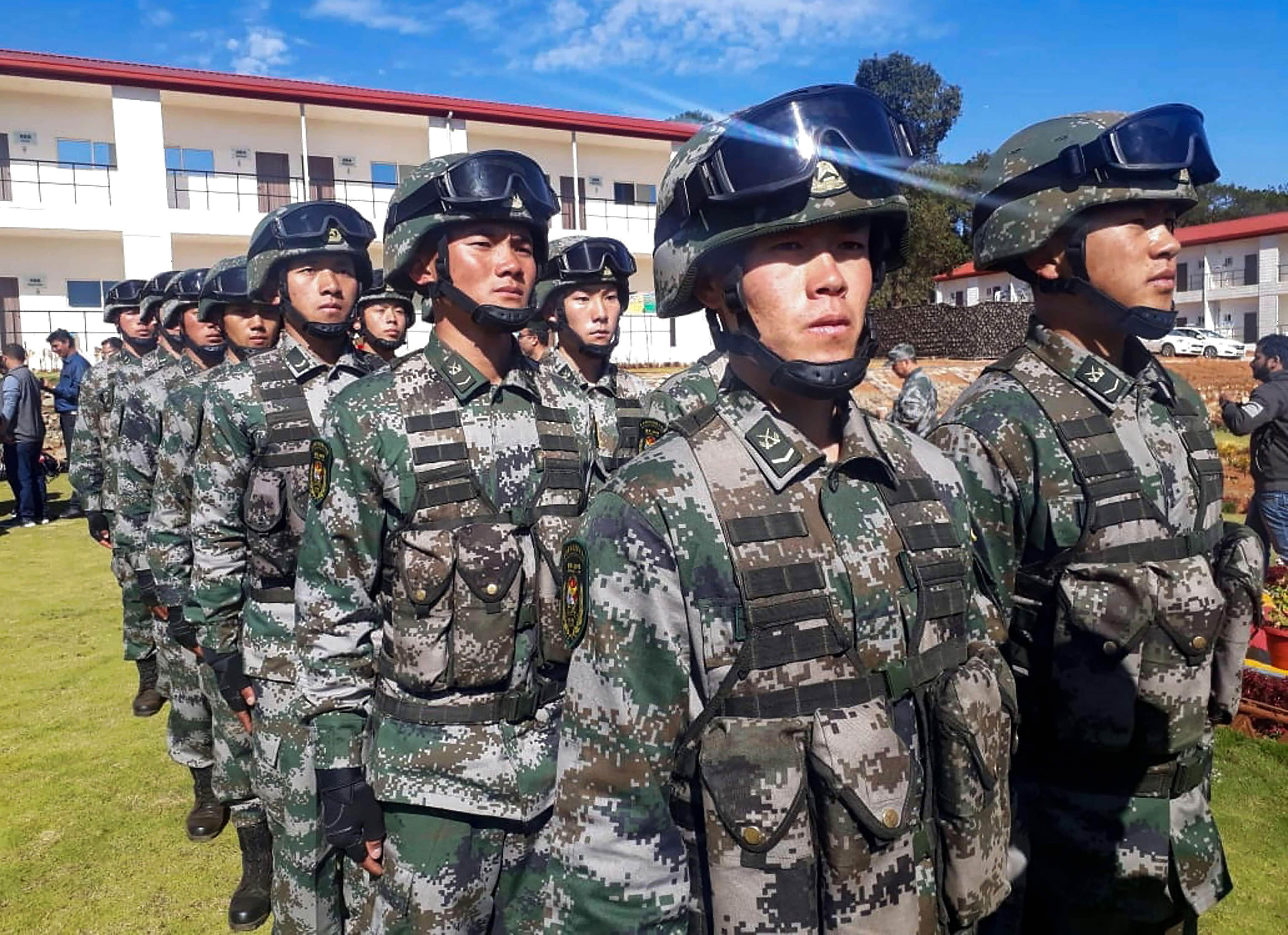
views
The Indian government has expressed its strong objection after China issued stapled visas to few sportspersons from Arunachal Pradesh and lodged its “strong protest.”
“This is unacceptable, and we have lodged our strong protest with the Chinese side reiterating our consistent position on the matter. India reserves the right to suitably respond to such action,” India’s External Affairs Ministry spokesman Arindam Bagchi told reporters when asked whether a number of sportspersons from Arunachal Pradesh were issued stapled visas.
India’s reaction came after the Chinese embassy in New Delhi issued ‘stapled visas’ to three wushu players from Arunachal Pradesh, who were to take part in the World University Games beginning on Friday in Chengdu. But the Chinese action has led the government to hold back the entire team from participating in the sporting event.
What is a Stapled Visa?
A stapled visa is an unstamped piece of paper that is simply stapled to a page or attached by a pin to the passport. It is not like a regular visa which is affixed to the passport by the issuing nation or stamped.

Unlike a regular visa, a stapled one does not leave a permanent trace on one’s passport and does not leave any proof of the trip carried out by the passport holder. Moreover, the piece of paper can be easily removed or detached from the passport.
China has recently been indulging in this sort of behaviour by issuing stapled visas to Indian nationals from Arunachal Pradesh and Jammu and Kashmir, reports said.
Why China Issues Stapled Visas?
It is not clear why China issued stapled visas to the sportsperson from Arunachal Pradesh. But, according to the Chinese government, these ‘stapled visas’ are issued to Indian citizens from Arunachal Pradesh because it does not recognise the state as part of India.
Moreover, by issuing stapled visas to Indians from Arunachal Pradesh, the Chinese government wants to reiterate its stand that it does not recognise India’s claim over the state.

New Delhi has also asserted that China uses the stapled visa as a political tool to affirm its claim over Arunachal Pradesh, which has always been part of India.
The controversy as China continues to lay claims over Arunachal Pradesh claiming it to part of Southern Tibet.
Beijing challenges the legal status of the McMahon Line, the international boundary between Tibet and British India that was agreed between Great Britain, China, and Tibet in 1914, according to The Indian Express.
#China's stapled visas dare! Arunachal athletes targeted, time to draw line?If not staple visas, we should start giving boarding visas to Chinese coming from Tibet to India: Lt Gen (R) Sanjay Kulkarni. BJP's @rpsinghkhalsa & Analyst @ehtangen join in#BrassTacks|@Zakka_Jacob pic.twitter.com/kvshiZmjZz
— News18 (@CNNnews18) July 28, 2023
The disagreement over McMahon Line lies at the center of Chinese claims over the position of the Line of Actual Control (LAC).
While China maintains that the stapled visas are valid, the Indian government has consistently refused to accept this position.
Earlier in April, India strongly rejected China’s renaming some places in Arunachal Pradesh and added that “invented” names will not alter the reality.
Not the First Time
In the past too, sportspersons from Arunachal Pradesh had to miss international events in China due to the ‘stapled visa’ issue.
In 2011, an official of the Indian Weightlifting Federation hailing from Arunachal Pradesh and a weightlifter from the same state were to travel to China to take part in a grand prix event in China but they missed out after they were issued ‘stapled visa’.
Enough is enough. Instead of frustrating our sportsmen & every other Arunachali seeking a Chinese visa, we should simply start issuing stapled visas ourselves, to anyone applying for an Indian visa from Tibet. And say we will continue to do so until the disputed border between… pic.twitter.com/bIvkzmibMh— Shashi Tharoor (@ShashiTharoor) July 28, 2023
The same year, five karate players from Arunachal Pradesh who were to travel to China for a championship met with the same fate, as also two young archers who were to take part in the Youth World Archery Championship.
Beijing started issuing stapled visas for Jammu and Kashmir residents around 2008-09. A Kashmiri Man claimed he was issued a stapled visa by the Chinese embassy in New Delhi and he was stopped from travelling in 2009, according to a The New York Times report.




















Comments
0 comment